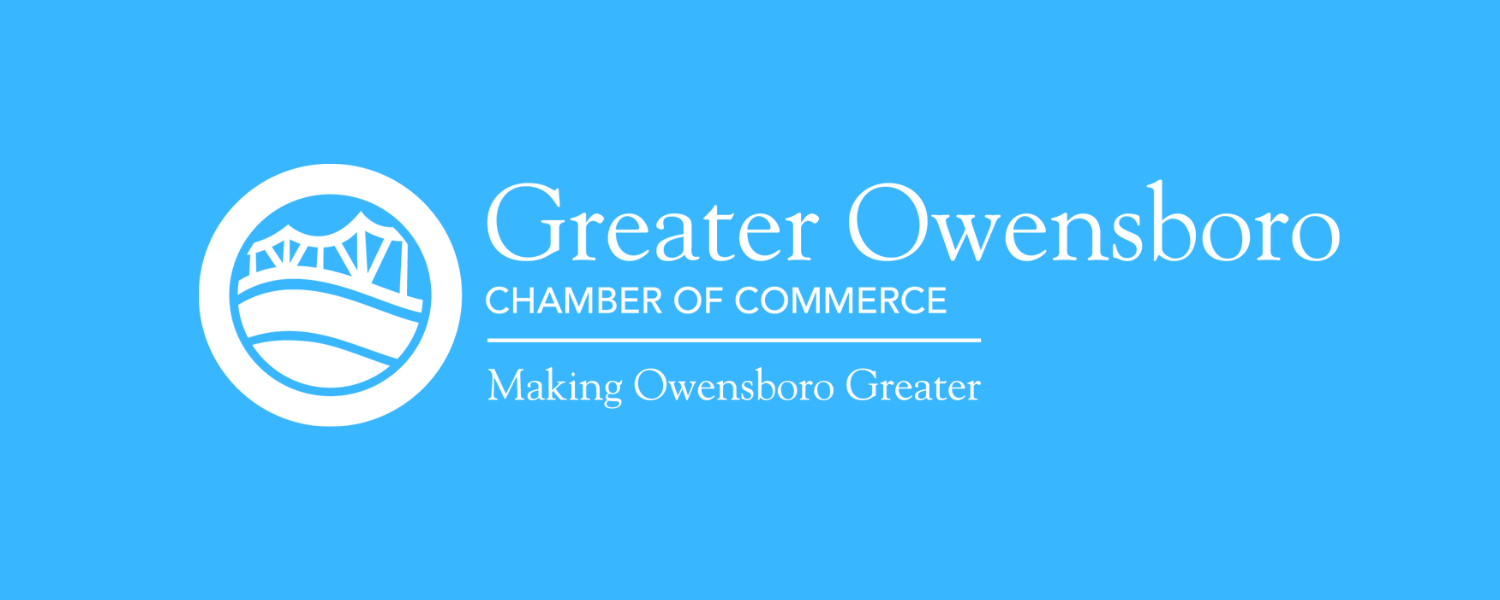Daviess County officials, along with other community leaders, will seek the expansion of home rule during the 2020 legislative session with the hopes of giving more power to local governments while minimizing state officials’ impact on communty revenue.
A major aspect of increased home rule would open up the potential for various taxing options. Under the current system, which is based on population numbers, many local officials are unable to utilize tax revenue as the community sees fit or take full advantage of the various taxing options available, said Daviess County Judge-Executive Al Mattingly.
“One of the things that we and the city want is to allow local governments to determine what revenues we need to do the things that we are statutorily and constitutionally required to do,” he said. “For example, we are not allowed a restaurant tax while cities like Hartford and Beaver Dam are. It is because of our size. There are so many rules and subsets for governments that complicate things, we want it simpler.”
What officials really want is the expansion of certain taxing and revenues powers that small cities enjoy because of their size, a legislative classification and rule passed by the General Assembly in 2015.
“When you have a representative that goes to Frankfort, that person has a responsibility to their local community with an overarching commitment to the commonwealth,” Mattingly said. “What is best for the commonwealth may not be best for the small community. It is a difficult juggling act I know. What we are saying is give us the ability to solve our own problems without the state having a hand in it. I think that most local communities have some pretty smart people and can come up with some pretty unique solutions through our local knowledge. One size doesn’t fill all.”
In the current state structure, a great deal of the tax burden, in larger counties like Daviess County, falls on the backs of businesses, workers and property owners, said Candance Brake, president of the Greater Owensboro Chamber of Commerce. If home rule were to be expanded, those burdens could be shifted.
“With more options officials could move the tax burden and generate revenue from people coming in from other places,” she said. “We talk about how tourism, we talk about how much it adds to our economy, but local governments are still taking on a great financial weight. Home rule simply means let us tax ourselves the way we see fit. None of us are advocating for higher taxes, we are simply advocating for the right to establish our own course in a way that fits the needs of our community.”
A major shift that officials are advocating for in terms of developing newer streams of tax revenue is having the ability to institute a local option sales tax. A local option sales tax is a special-purpose tax implemented and levied at the city or county level.
The tax is voted on by the community and is often used as a means of raising funds for specific local or area projects, such as improving area streets and roads or refurbishing a community’s downtown area. Requests from state legislators to allow local officials to have this option have been denied in the past, Mattingly said.
“That option would address an issue that is often raised in the community surrounding why we are not allowed to vote for community projects,” he said. “A local option sales tax under the guidance of the rules would allow people to vote. So if local government could make a case for a certain project the people could choose whether or not to support it.
“The tax would not exceed 1%. For Owensboro and Daviess County, that would generate roughly $14 million a year. Think of what that over a 10-year period would do. It would fund the downtown transformation instead of the county and city taking out bonds for as long as 20 and 30 years. It would have meant that since we are a regional hub, that approximately 25% to 30% percent of that project would have been paid for through tourism dollars.
“The bottom line is that local governments know far better what their communities need and sometimes when they (state legislators) make rules and regulations for local governments there are big and unintended consequences. We want our system of taxes and taxing needs to be simpler. What is fair for one city or county should be fair across the board.”

